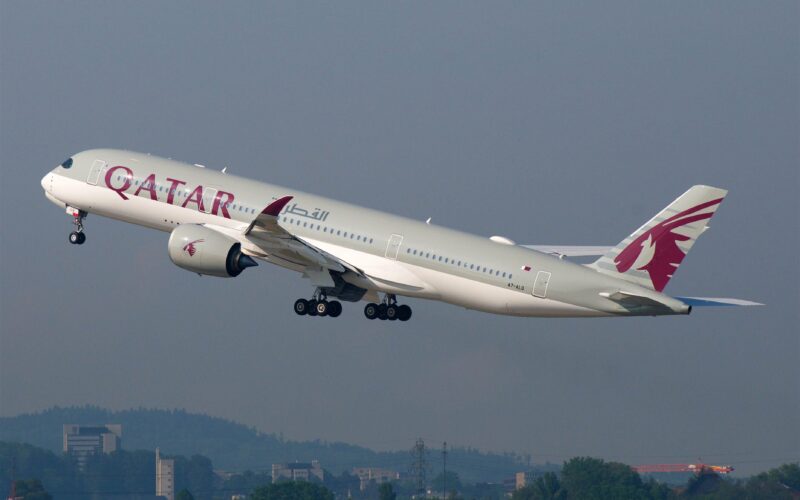In the latest development in the ongoing legal dispute between Airbus and Qatar Airways, Europe’s aviation regulator has said that it has found no evidence that that paint or surface erosion on A350 jets posed a safety concern, according to a Reuters report.
However, the European Union Aviation Safety Agency (EASA) acknowledged quality flaws with the jets at several airlines.
EASA confirmed its position in an emailed statement to AeroTime.
Airbus and Qatar Airways are currently embroiled in a legal row over paint or surface erosion on the Airbus A350 aircraft. In late 2021, Qatar Airways sued Airbus over fuselage surface deterioration on its A350s, seeking more than $600 million in compensation. Qatar Airways, which has 53 A350s in its fleet, claims it had to remove a total of 22 aircraft from the flight roster.
In retaliation, Airbus attempted to terminate a separate contract to deliver 50 A321neo aircraft that Qatar Airways had on order. But this decision was temporarily frozen by a British court.
However, in late April 2022, London’s High Court of Justice authorized Airbus not to continue the assembly of A321neo airliners for the Gulf air carrier.
The High Court in London ruled on May 26, 2022 that the dispute will be brought to trial in the summer of 2023 under an expedited process.
“Qatar Airways is ready to see this matter through to trial to ensure that its rights are protected, and that Airbus is required to address an unprecedented and extremely unique and concerning defect impacting the A350 aircraft type, across the industry and multiple carriers,” Qatar Airways outlined in a statement dated May 31, 2022.
“Qatar Airways remains within its contractual rights to reject delivery of further A350 aircraft whilst the aircraft type suffers from a design defect which has now been acknowledged by the court, and for Airbus to abuse its strength in the market to terminate a separate and unrelated contract for another aircraft type is extremely damaging for our industry,” the carrier added.

